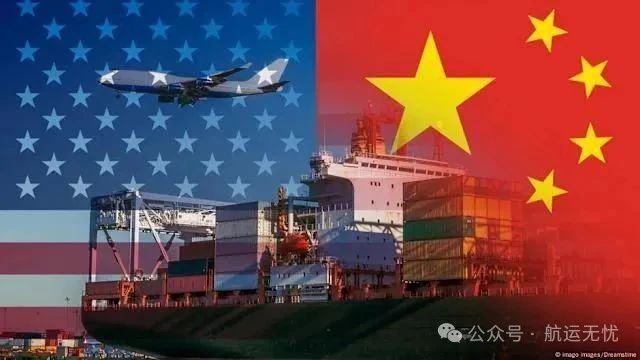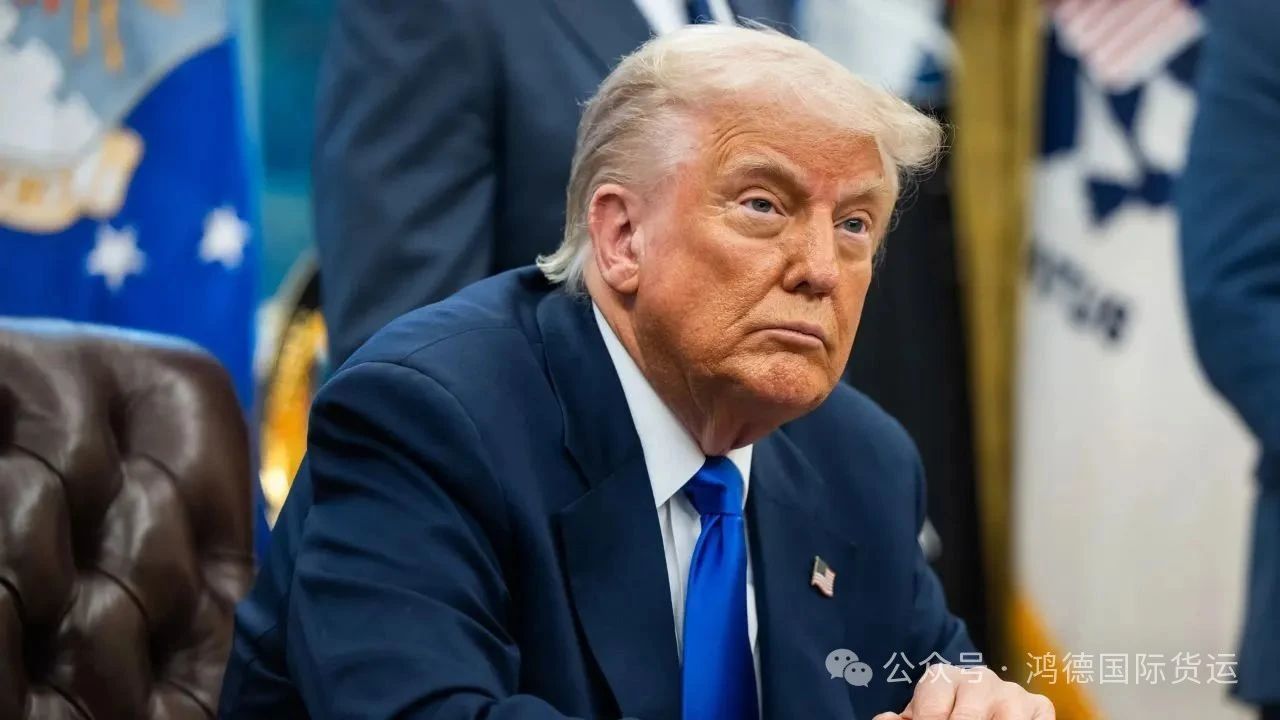The State Administration of Taxation has issued new regulations: there will be significant changes in the pre-payment tax declaration for export enterprises! | Maritime Export Logistics
Jul 16,2025
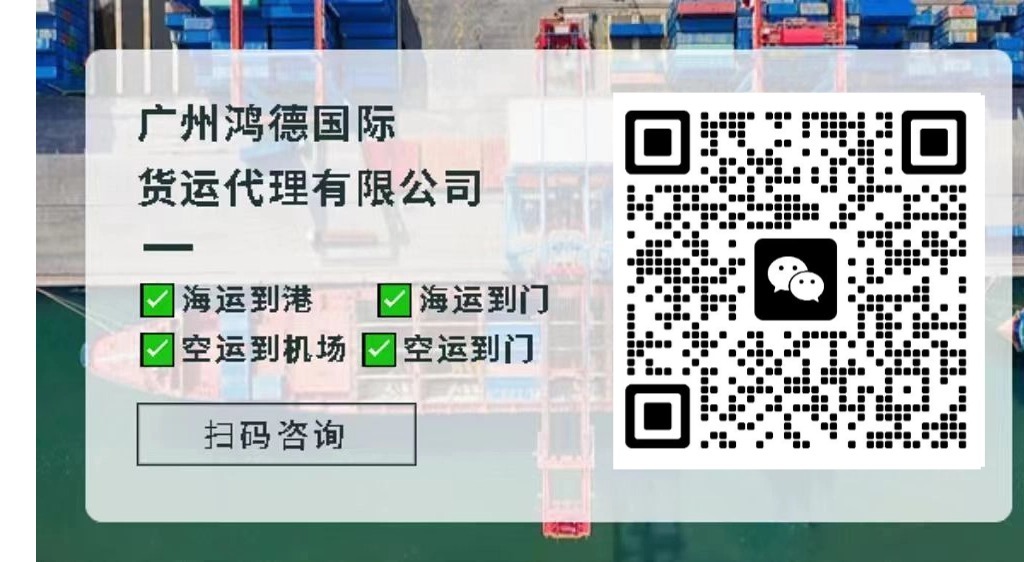
On July 7, 2025, the State Administration of Taxation issued the "Announcement on Optimizing Certain Matters Related to the Pre-Payment Tax Return for Enterprise Income Tax" (Announcement No. 17 [2025]), announcing that starting from October 1, 2025, significant adjustments will be made to the pre-payment tax return process for export agency enterprise income tax.
This announcement stipulates for the first time that enterprises exporting goods through agents, market procurement trade, and foreign trade integrated services must "submit the information of the actual party commissioning the export in real time," and it has also issued the "Summary Table of Commissioned Export Situations of Agent Export Enterprises" to help plug the loopholes in the tax base that have existed in the agent export business for a long time, such as "paid-for export" and "non-compliant agents".
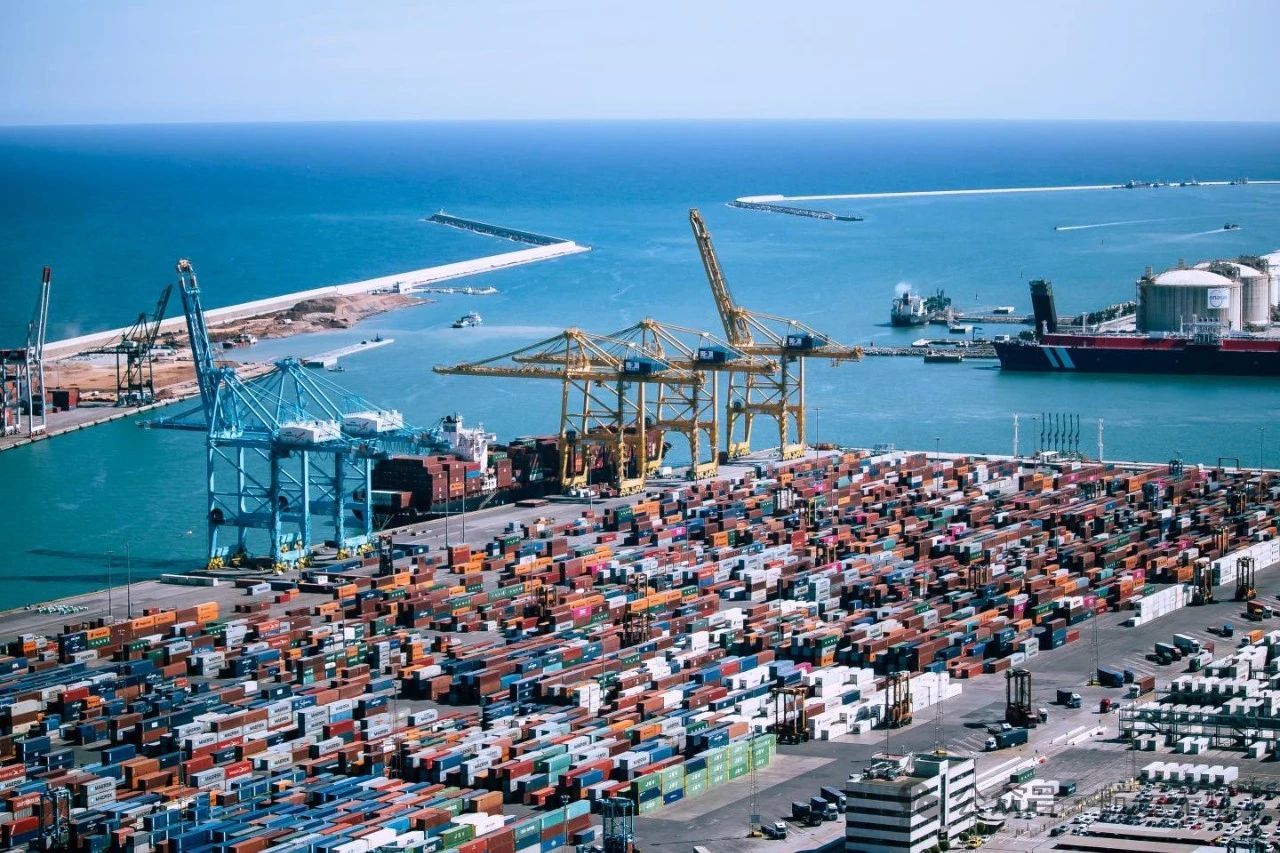
The core of the new regulation lies in the requirement that agent exports must "penetrate" to the true shipper. Specifically, Article 7 of the "Announcement" clearly stipulates that enterprises that act as agents to export goods, including through market procurement trade and foreign trade integrated services, must simultaneously submit the basic information of the actual party entrusted with the export and the export amount when making advance declaration. If an enterprise fails to accurately submit the basic information of the actual entity entrusted with the export and the export amounts, it shall be treated as if it were acting on its own and shall be liable for the corresponding export amount of enterprise income tax that should be declared and paid.
Here are two typical examples: Example 1: A company acts as an agent for B company to export goods worth 10 million yuan, collecting an agency fee of 100,000 yuan. When making the advance payment, A company must fill in the summary form with all the information about B company (the actual client) and the export volume of 10 million yuan, and only confirm revenue for the 100,000-yuan agency fee; meanwhile, B company will confirm the commission income from the export of 10 million yuan.
Case 2: In the three-tiered agent chain of C Company → D Company → E Company, only C Company, which is actually responsible for customs declaration and export, needs to report the information of E Company, the true consignee in China, when making the advance payment. If C Company fails to do so, the full amount of 10 million yuan in export volume will be included in the taxable income of C Company.
Industry insiders pointed out that this is the first time that "penetrating" information comparison has been introduced in the pre-payment stage of corporate income tax, which has completely blocked the gray space of layers of subcontracting, "fake self-management" concealing the agency relationship, and the real shipper floating outside the declaration in the past. The traditional "purchase and export" model (without a real shipper or concealing the actual manufacturer) will no longer be operational, and manufacturing enterprises must declare the entrusted export income truthfully; otherwise, the agency enterprise will be forced to bear the associated tax burden.
As a relatively special mode of export operation, "purchase and export" has always existed in the gray area of goods exportation in everyday international trade activities; although it has brought certain operational convenience to enterprises or individuals, it conceals numerous legal and tax risks.
As early as March 25, 2025, the Notice on Optimizing Services and Standardizing Administration of Taxation on Goods Subject to Domestic Taxation for Export (No. 8 [2025]) jointly issued by the State Administration of Taxation, the Ministry of Finance, the Ministry of Commerce, the General Administration of Customs, and the State Administration for Market Regulation mentioned, "Those who engage in illegal activities such as forging, altering, buying, or selling customs declarations, fabricating export business, making false claims regarding the value of goods, or evading payment of taxes, as well as those who aid in the commission of these illegal activities, shall be handled in accordance with their respective responsibilities and in accordance with laws and regulations," further clarifying the illegality of "buy-on-account export."
What is "paying for exports"? Definition and legal attributes: "paying for exports" refers to the act of entities that are not authorized to engage in import and export activities (such as individual businesses and small and medium-sized enterprises) exporting goods by borrowing customs declaration documents (including customs declarations, commercial invoices, and trade contracts) from legitimate enterprises with the qualifications to engage in import and export activities. In essence, this violates Article 86 of the Customs Law of the People's Republic of China and relevant provisions of the Foreign Trade Law of the People's Republic, as the legal subject of the customs declaration is not the same as that of the actual shipper, and it is often accompanied by scenarios such as fabricating trade backgrounds and forging documents, which may constitute crimes such as fraudulently claiming export tax rebates (Article 204 of the Criminal Law) and money laundering (Article 190 of the Criminal Law).
Legal Consequences and Regulatory Characterization: This type of operation circumvents national export controls by misrepresenting the qualifications of others, disrupts customs supervision order, and manifests itself in the following ways: obtaining state export tax rebates through false trade data; evading foreign exchange supervision by splitting foreign exchange and using illegal foreign exchange trading channels (such as underground banks) to escape the supervision of the State Administration of Foreign Exchange; forming a systematic regulatory arbitrage chain that entails multiple risks, including tax-related crimes and disruptions to financial order. The General Administration of Customs and the State Administration of Taxation have designated it as a key target for suppression in the "buy-and-match" illegal model.
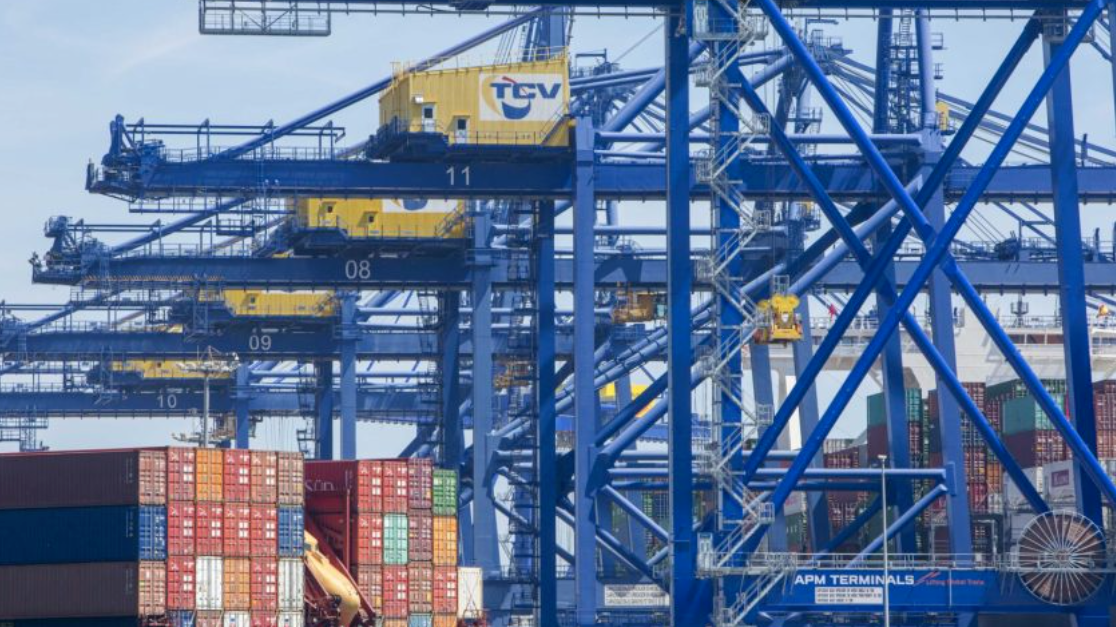
Agent export: Agent export refers to a compliance trading model under which enterprises with export needs (the commissioning party) and agent enterprises with import and export operation rights (the commissioning party) sign a written agency agreement in accordance with the Contract Law of the People's Republic of China, and the commissioning party entrusts the agent enterprise to handle the customs declaration, transportation, collection of remittances, tax refund, and other procedures of the export process in its own name. The core characteristics are as follows: the "enterprise operating unit" column on the customs declaration form is marked with the name of the agency enterprise, and the "shipper's unit" column indicates the actual shipper (the commissioning party), in compliance with the requirements of the "Regulations for the Compilation of Customs Declarations for Imported and Exported Goods".
The foreign exchange will be collected by the agent enterprise and then transferred to the entrusted party in accordance with the agreement, while the tax refund will be claimed by the entrusted party based on the "Certificate of Agent Export Goods" issued by the agent enterprise, in compliance with the "Measures for the Administration of Value-Added Tax and Consumption Tax on Export Goods and Services" (Announcement No. 24 [2012] of the State Administration of Taxation);
The agent enterprise charges a fixed agent fee (usually 1% to 3% of the goods' value) in accordance with the agreement and does not bear any commercial risks such as the quality of goods or exchange rates.
Typical scenario: Small and medium-sized manufacturing enterprises can use foreign trade integrated service providers (such as service providers cooperating with Alibaba International) to handle exports, which can help them meet compliance requirements while also benefiting from the preferential export tax rebate policies provided by the government.
Self-operated export: Self-operated export refers to a trade model in which enterprises that have obtained import and export rights through registration with the competent department of commerce (in accordance with the Measures for Registration of Foreign Trade Operators) independently complete the entire export process in their own name, and its legal characteristics include:
When declaring for customs clearance, the "business entity" and the "shipper" should be the same enterprise, which complies with the provisions of the Customs Law regarding the qualification of the declarant;
The foreign exchange will be directly deposited into the enterprise's own foreign exchange account, and the corresponding write-off will be processed in accordance with the "Guidelines for the Administration of Foreign Exchange for Current Transactions".
The enterprise must self-report the tax refund to the competent tax authority and provide the complete set of self-operated export documents (such as bill of lading, commercial invoice, customs declaration form for tax refund, etc.).
Implementation methods for customs declaration: enterprises can employ their own customs declaration officers to handle customs declaration, or they can entrust customs declaration agencies to act on their behalf (i.e., "entrusted customs declaration"). It is important to note that "entrusted customs declaration" only refers to the entrustment of services in the customs declaration process, which is distinct from the legal relationship of "agent export" – the former does not alter the self-operated nature of the export entity, while the latter involves the overall establishment of a legal relationship of entrustment and agency.
The essential difference between the three is that the legal basis for buying a bill exporting agent exporting self-exporting has no legal basis, it is an illegal operation, the contract law, the foreign trade law and other compliance operations, the Foreign Trade Operators Registration and Register scheme and other principal relations, abuse other people's credentials. There is no formal legal entrustanceThe principal signs a written representation agreement with the agentThe enterprise independently reports customs attributes as the export subject The operation unit is inconsistent with the actual shipowner (false customs declaration) The operation unit serves as the agent, The actual shipper clearly labels the operation unit consistent with the actual shipper (customs declaration) tax and foreign exchange fraud and foreign currency evasion and other illegal operations. The commissioner complies with the tax refund. Foreign exchange cooperation enterprises handle the legal consequences of tax refund and foreign exchange write-offs themselves, face administrative penalties (such as fines, anti-smuggling investigations) and criminal liability, enjoy policy benefits, independently bear business risks, and enjoy trade facilitation in compliance.
Core definition: The essence of buy-in exports is to "evade regulation through false entities," while the core difference between agent exports and self-exporting is "whether or not the export entities are independently responsible." Both agency export and self-export are legal trade models recognized by the Foreign Trade Law, but agency export relies on the compliance construction of entrusted agency legal relations, and self-exports are based on the company's own qualifications.
The new regulations issued by the State Taxation Administration will undoubtedly have a profound impact on the agency export industry, prompting enterprises to conduct export operations more regularly, effectively prevent tax risks, and maintain a fair competitive market environment.

Make global trade unimpeded
Contact Phone


Contact Us
Copyright ©Guangzhou Hongdex International Logistics Co.,Ltd
Hotline: 020-84608598
Whatsapp: 18011705178
QQ:2853396538
Email: 2853396545@qq.com
We will provide you with timely feedback




